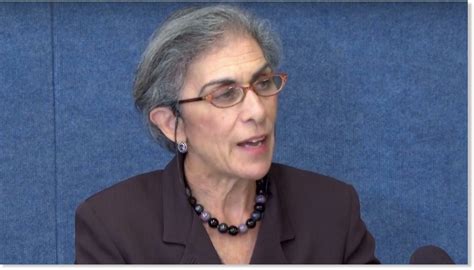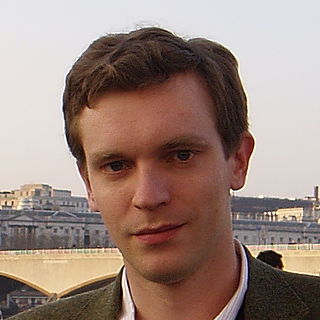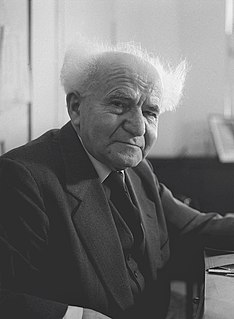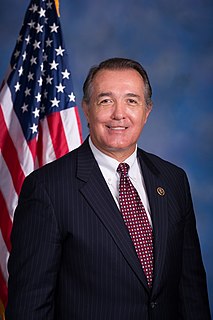A Quote by W. H. Auden
As a poet, there is only one political duty, and that is to defend one's language from corruption.
Related Quotes
When we say that the Arabs are the aggressors and we defend ourselves — this is only half the truth. As regards our security and life we defend ourselves and our moral and physical position is not bad. We can face the gangs... and were we allowed to mobilize all our forces we would have no doubts about the outcome... But the fighting is only one aspect of the conflict which is in its essence a political one. And politically we are the aggressors and they defend themselves. Militarily, it is we who are on the defensive who have the upper hand but in the political sphere they are superior.
There is this tendency to think that if you could only find the magic way, then you could become a poet. "Tell me how to become a poet. Tell me what to do." . . . What makes you a poet is a gift for language, an ability to see into the heart of things, and an ability to deal with important unconscious material. When all these things come together, you're a poet. But there isn't one little gimmick that makes you a poet. There isn't any formula for it.
We have a duty to our country to participate in the political process. See, if you believe in freedom, you have a duty to exercise your right to vote to begin with. I'm [here] to encourage people to do their duty, to go to the polls. I want all people, no matter what their political party is or whether they even like a political party, to exercise their obligation to vote.
One of the appeals of William Carlos Williams to me is that he was many different kinds of poet. He tried out many different forms in his own way of, more or less, formlessness. He was also a poet who could be - he was a love poet, he was a poet of the natural order and he was also a political poet.
Now the good of political life is a great political good. It is not a secular good specified by a comprehensive doctrine like those of Kant or Mill. You could characterize this political good as the good of free and equal citizens recognizing the duty of civility to one another: the duty to give citizens public reasons for one's political actions.






































